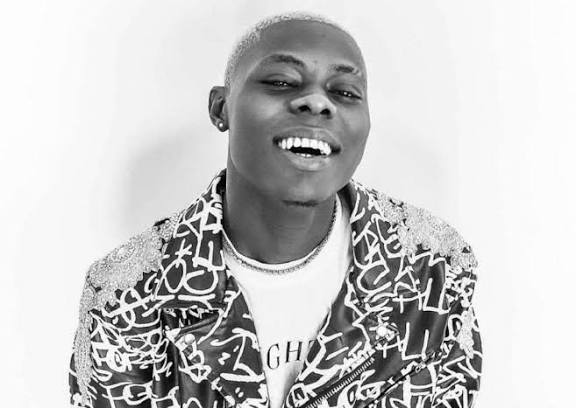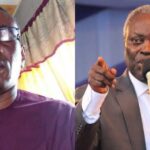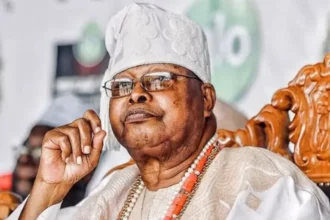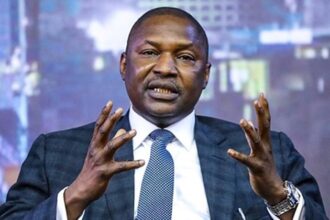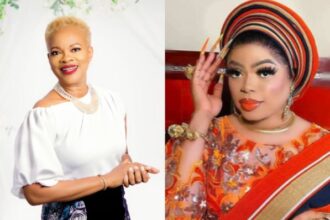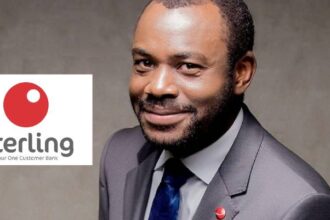Nigeria is tired. The streets are loud with honking danfos, micras, kekes and quiet with hunger. Inflation has eaten into the average citizen’s plate, and young people carry the weight of an uncertain future. Yet, in the middle of this storm, a new soundtrack is rising, one that sounds less like escapist partying and more like collective prayer. It is prayer set to basslines, pain wrapped in rhythm, and hope delivered with the urgency of a street chant.
Analysts are calling it Afro-Adura. It’s a genre-in-the-making where Afrobeats and street-pop borrow directly from the language of supplication, thanksgiving, and resilience. “Adura” means prayer in Yoruba, but these aren’t Sunday hymns or church songs. They are street anthems that blur gospel and pop, replacing sermons with slang and pews with playlists.
From Mohbad and Bella Shmurda’s Adura to Asake’s chant-like Peace Be Unto You (PBUY), from Seyi Vibez’s endless references to God’s mercy to Barry Jhay’s The Lord’s Prayer, Afro-Adura has become the emotional release valve for a generation living through economic hardship. These tracks have turned TikTok feeds, bus rides, and club nights into spaces of communal prayer.
What is Afro-Adura? Defining a Sound of Prayer and Survival
Afrobeats has always flirted with spirituality. Think back to Victor AD’s Wetin We Gain (2018), where he directly sang, “If we no make money, wetin we gain?” in the form of a plea to God. Or Humblesmith’s Osinachi, a thanksgiving anthem that doubled as a hustler’s testimony. Nigerian pop has always carried fragments of gospel, fuji, and highlife’s devotional streaks.
But Afro-Adura is different. It isn’t about sprinkling “God” into lyrics to sound humble. It is about centering prayer itself as the lyrical and emotional engine of the music.
At its core, Afro-Adura takes the energy of Afrobeats from drums, amapiano log drums, street rhythms and laces it with explicit prayer language.
In short. Afro-Adura is not gospel. It is not purely Afrobeats. It is a street liturgy, where survival is the sermon and rhythm is the altar.
The Voices of Afro-Adura
This sound didn’t just appear out of nowhere. It is being shaped, song by song, by artists who mix their hustler origins with the hunger of their listeners. Let’s see examples below:
• Mohbad (feat. Bella Shmurda) — Adura
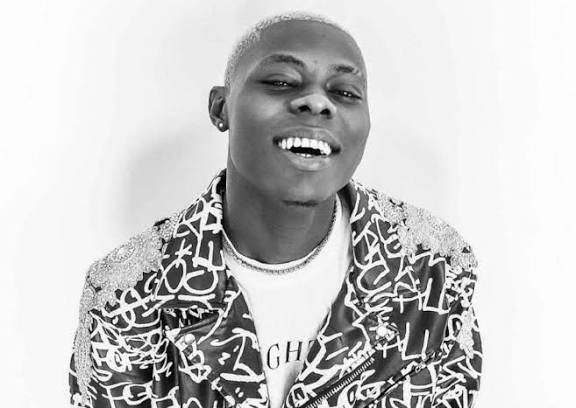
The late Mohbad, whose death in 2023 sparked nationwide protests, left behind tracks that still haunt speakers. Adura, featuring Bella Shmurda, is perhaps the most explicit Afro-Adura anthem. The title itself means “prayer,” and the lyrics are petitions for protection and prosperity. For fans, Mohbad’s own life struggles like fighting for independence from his label and his public cries for safety made the song feel prophetic.
• Asake — Peace Be Unto You (PBUY)

In 2022, Asake was unstoppable, dropping back-to-back hits that felt like chants. Peace Be Unto You was the most spiritually direct, repeating invocations like an endless mantra. Reviews noted its blend of street slang with spiritual rhythms, turning clubs into spaces where people screamed prayers at the top of their lungs .
• Barry Jhay — The Lord’s Prayer
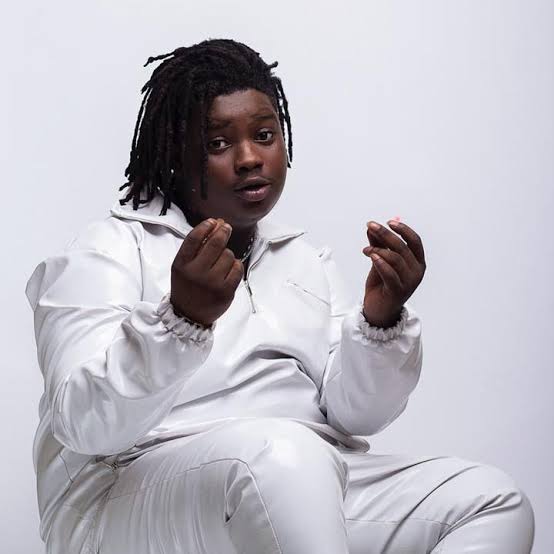
Barry Jhay, son of Fuji legend Ayinde Barrister, has carried his father’s spiritual intensity into pop. In 2025, he released The Lord’s Prayer, a sung adaptation of the Christian prayer over Afrobeats production. It blurred the sacred and secular completely, using overtly religious material.
• Seyi Vibez
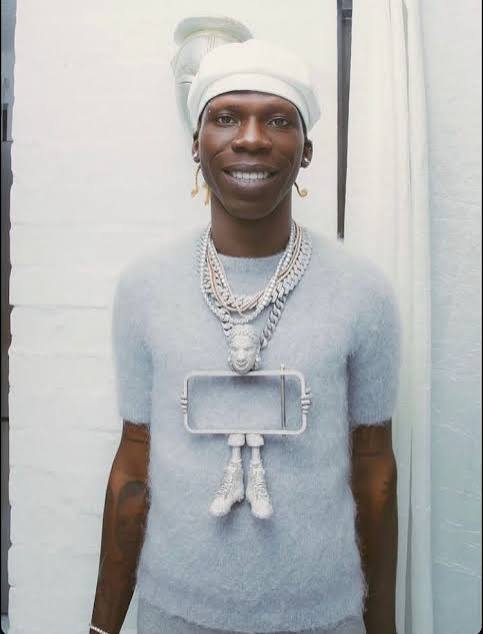
If Afro-Adura had a patron saint, it would be Seyi Vibez. Practically every track of his carries supplication. His appeal comes from his ability to sound like a street prophet, half-rapper, half-preacher.
• Portable and the “God Abeg” lineage
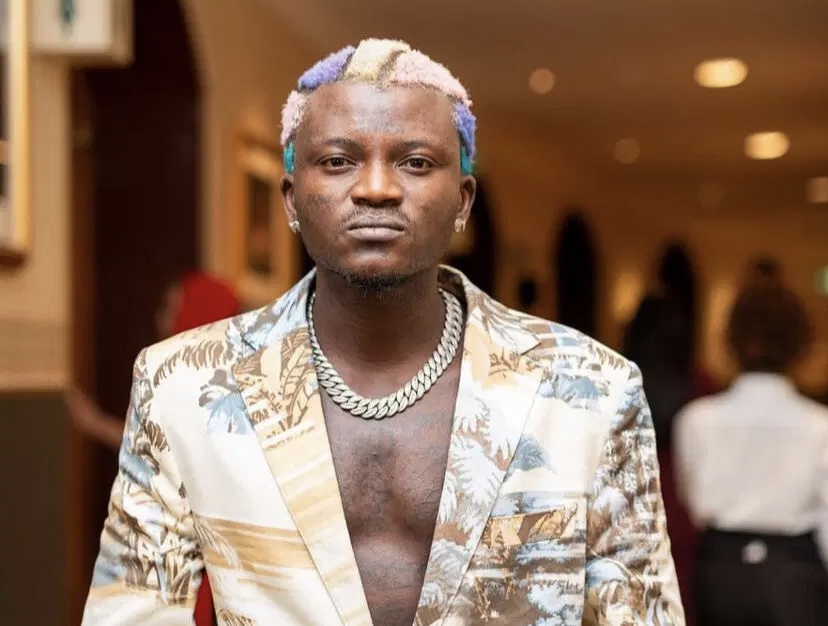
Portable has built an entire image around prayerful exclamations. Tracks like God Abeg make him both a traditional musician and street evangelist with a beat.
• Forerunners: Victor AD’s Wetin We Gain, Humblesmith’s Osinachi
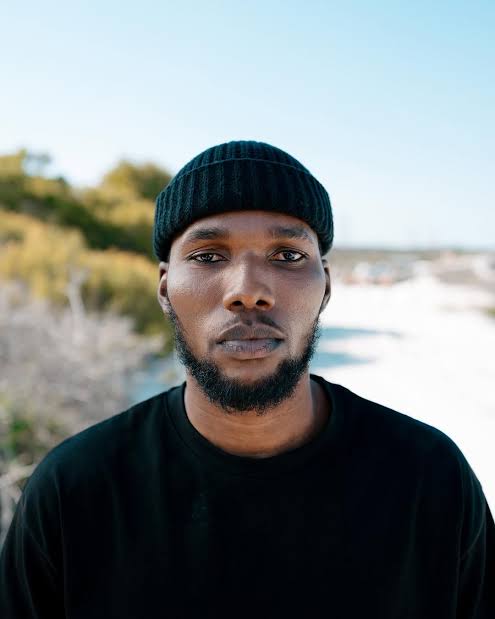
Before the term Afro-Adura caught on, these songs planted seeds. Wetin We Gain became a hustler’s creed; Osinachi gave Afropop fans a worship-like chorus they could still dance to. They show Afro-Adura’s lineage and why the sound resonates so easily now .

Is Afro-Adura Here to Stay?
Every musical wave risks being dismissed as a fad. Critics already wonder if Afro-Adura is simply “branding”. But two things suggest longevity:
1. Continuity with the past: From fuji’s devotional intensity to Afropop’s prayerful refrains, Nigerian music has always fused spirituality with rhythm. Afro-Adura simply names what was always there, now intensified by hardship.
2. Universality of prayer: Unlike niche genres, Afro-Adura speaks a global language. Everyone prays, hopes, or pleads in some form. Just as Afrobeats traveled worldwide, Afro-Adura has export potential.
Conclusion
Afro-Adura is more than a label. It is music functioning as national therapy, a chorus of hustlers’ prayers that turn despair into dance. Where governments have failed to inspire, musicians have taken up the role of spiritual conduits, embedding hope into Afrobeats’ DNA.
In Nigeria’s economic storm, Afro-Adura offers no policy change, no instant relief. However, it offers solidarity. The knowledge that a person’s hunger, prayer and hope are shared by millions. In that shared rhythm, Nigerians find healing.

